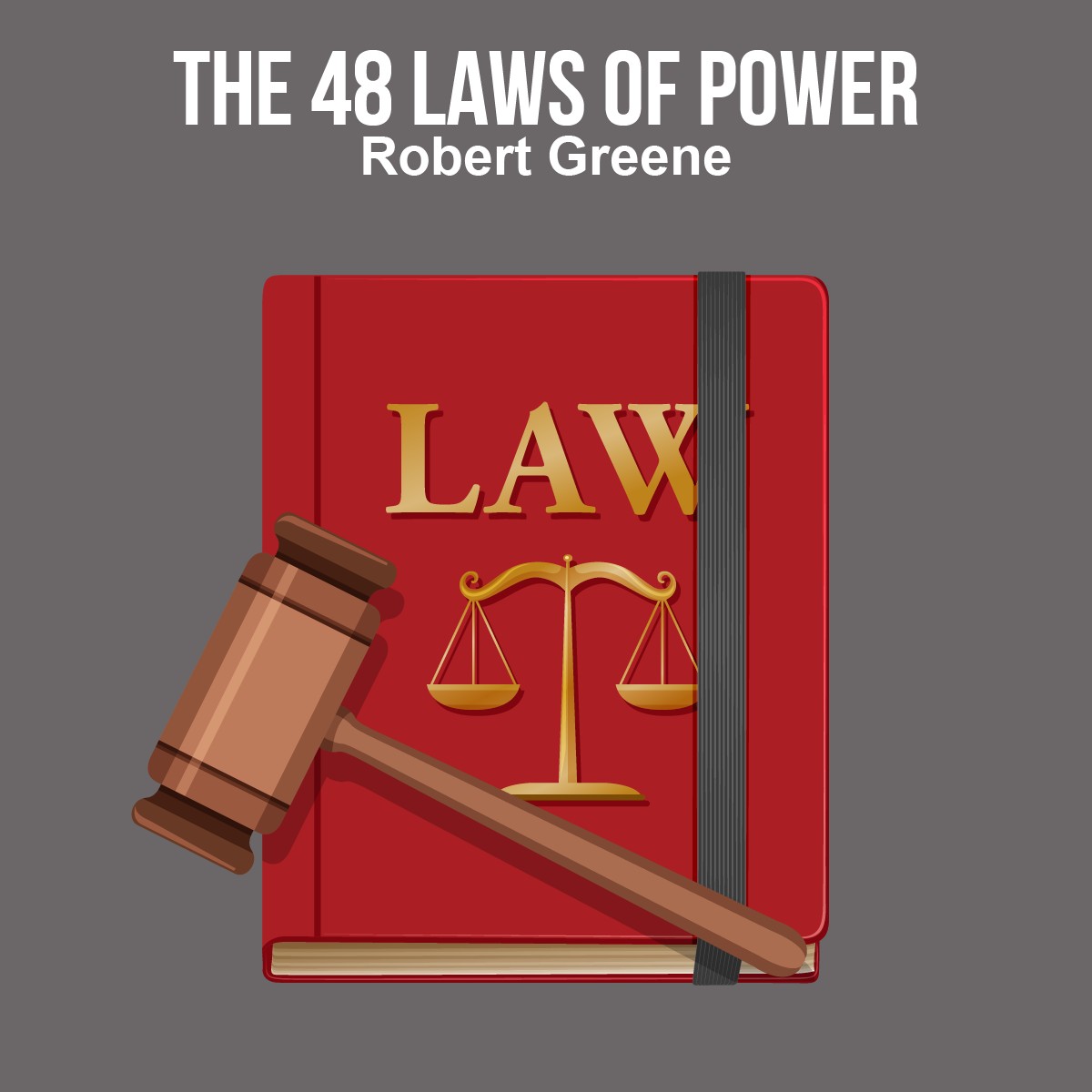The 48 Laws of Power by Robert Greene is a self-development classic that offers strategic insights on how to gain and maintain power. In this sharp, instructive book, Greene blends the philosophies of Machiavelli, Sun Tzu, and Carl von Clausewitz with the historical lessons left behind by statesmen, generals, seducers, and tricksters throughout the ages.
When it comes to morality and ethics, most people tend to think in black and white. The 48 Laws of Power, however, operates largely in the gray. That might sound dramatic or even overused, but the truth is, most of the laws in this book can be used for immense good—or immense harm. It all depends on the reader, because the laws themselves are neither inherently right nor wrong.
These are 48 approaches to power—tools you might choose to apply, or that may be used against you at some point in life, whether or not you agree with their moral implications. And if you’re someone who prefers never to exercise power over others, this book still serves a purpose: it helps you recognize the subtle—and not so subtle—ways in which others may try to gain power over you.
Power is rooted in relationships—between the individual and those they seek to influence. Powerful people must be intentional about their appearance and communication in order to gain respect and silence doubt. They must master selective honesty, misdirection, and discretion to gain a tactical edge. Retaining power requires strategic time management and the ability to adapt. Strategies may involve mirroring an opponent’s moves or anticipating and redirecting their actions. Influential people also know how to maintain an audience’s attention—staging performances and feeding their desire to believe in the impossible.
Some laws teach prudence. Others emphasize the importance of confidence. Many advocate for self-protection. But all of them share one common goal: the pursuit of absolute power.










